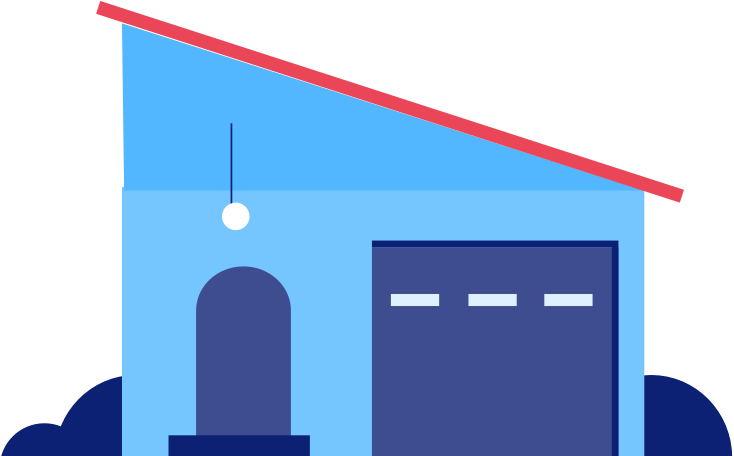
You could qualify for first-time homebuyer benefits even if you’ve owned a home before. There are several programs and benefits that could include low down payment options, down payment assistance, but your credit score is definitely one factor that lenders consider. You could qualify for a U.S. Bank local or state grants and more.





